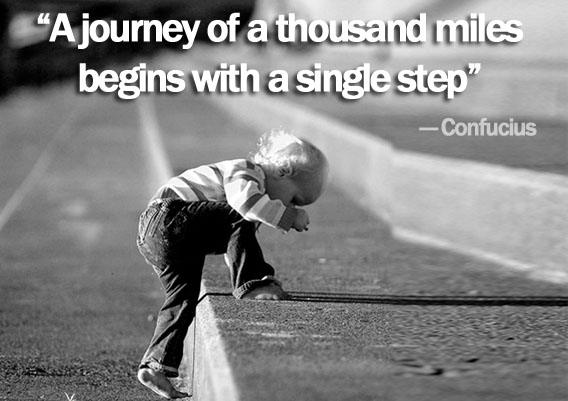Spiritual Club Services
Spiritual Club Services include improving Personal Development, Motivational Skills, Stess Management and Relaxation, Interpersonal Skills.Personal Development
Personal development also includes developing other people like teachers, mentors etc. Personal development includes the following activities for the level of each individual.
- Spiritual development
- Improving self-awareness
- Improving self-knowledge
- Identity or self-esteem
- Eveloping strengths or talents
- Identifying or improving potential
- Building employability
- Enhancing lifestyle
- Improve the quality of life
- Improving health
- Improving wealth
- Fulfilling aspirations
- Defining and executing personal development plans
- Improving social abilities
According to Emory University’s Phileppe Rochat. there are five levels of self-awareness which unfold in early development and six potential prospects ranging from “Level 0” (having no self-awareness) advancing complexity to “Level 5” (explicit self-awareness).
- Level 0: Confusion
At this level the individual has a degree of zero self-awareness. This person is unaware of any mirror reflection or the mirror itself. They perceive the mirror as an extension of their environment. Level 0 can also be displayed when an adult frightens themselves in a mirror mistaking their own reflection as another person just for a second. - Level 1: Differentiation
The individual realizes the mirror is able to reflect things. They see that what is in the mirror is different than what is surrounding them. At this level one can differentiate between their own movement in the mirror and the movement of the surrounding environment. - Level 2: Situation
At this point an individual can link the movements on the mirror to what is perceived within their own body. This is the first hint of self-exploration on a projected surface where what is visualized on the mirror is special to the self. - Level 3: Identification
The individual finds out that recognition takes effect. One can now see that what’s in the mirror is not another person but it is actually themselves. It is seen when a child refers to them self while looking in the mirror instead of referring to the mirror while referring to themselves. They have now identified self - Level 4: Permanence
Once an individual reaches this level they can identify the self beyond the present mirror imagery. They are able to identify the self in previous pictures looking different or younger. A “permanent self” is now experienced. - Level 5: Self-Consciousness
At this level not only is the self seen from a first person view but its realized that it’s also seen from a third person’s view. They begin to understand they can be in the mind of others. For instance, how the are seen from a public standpoint.
Motivational Skills
Motivation is the purpose or psychological cause of an action.Motivation is a driving force. Motivation has been shown to have roots in physiological, behavioral, cognitive, and social areas. Motivation may be rooted in a basic impulse to optimize well-being, minimize physical pain and maximize pleasure. It can also originate from specific physical needs such as eating, sleeping or resting etc.
Ability to do what needs to be done, without influence from other people or situations. People with self motivation can find a reason and strength to complete a task, even when challenging, without giving up or needing another to encourage them. Motivation results from the interaction of both conscious and unconscious factors such as:
- The intensity of desire or need
- The incentive or reward value of the goal and
- The expectations of the individual and of his or her peers.
These factors are the reasons one has for behaving a certain way. An example is a student that spends extra time studying for a test because he or she wants a better grade in the class.
Stress Management and Relaxation
Stress is something that we commonly talk about in our society. However, we rarely take time to define Stress. Stress is a fairly universal experience for all of us. Regardless of how our personalities vary in terms of intensity, at one time or another, we will all be confronted with a situation that we find stressful. STRESS is the result of our need to adapt to change. The sources of change, stressors, can come from one of four basic areas:- Environmental stressors (e.g., weather, pollution, noise)
- Social stressors (e.g., job interviews, examinations, daily responsibilities, family demands)
- Physiological Stressors (e.g., illness, menopause, injuries, poor nutrition, sleep disturbances)
- Cognitive Stressors, i.e. your thoughts. (e.g., need to be “perfect”, interpretation of others’ reactions)

Healthy Ideas for Managing Stress:
- Proper Nutrition
- Time Management
- Clear Communication
Relaxation Techniques:
- Deep Breathing
- Yoga
- Taking a hot bath
- Reading a good book
- Listening to relaxing music
Interpersonal Skills
Interpersonal skills are the life skills we use every day to communicate and interact with other people, both individually and in groups. People who have worked on developing strong interpersonal skills are usually more successful in both their professional and personal lives.
A List of Interpersonal Skills Includes:
- Verbal Communication
- Non-Verbal Communication
- Listening Skills
- Negotiation
- Problem Solving
- Decision Making
- Assertiveness
